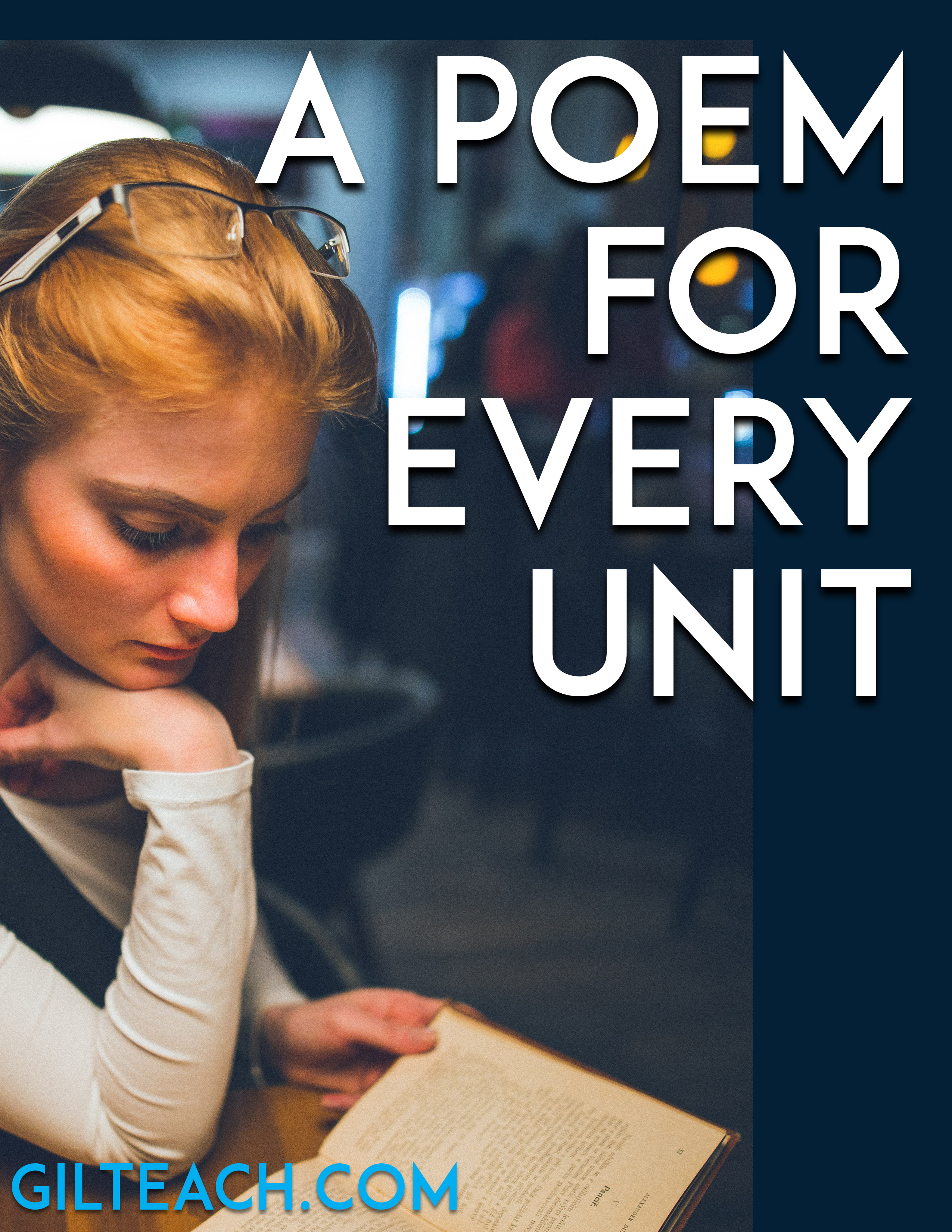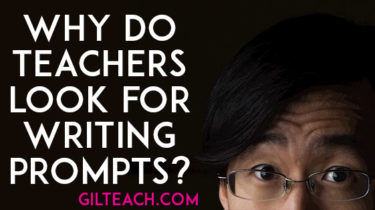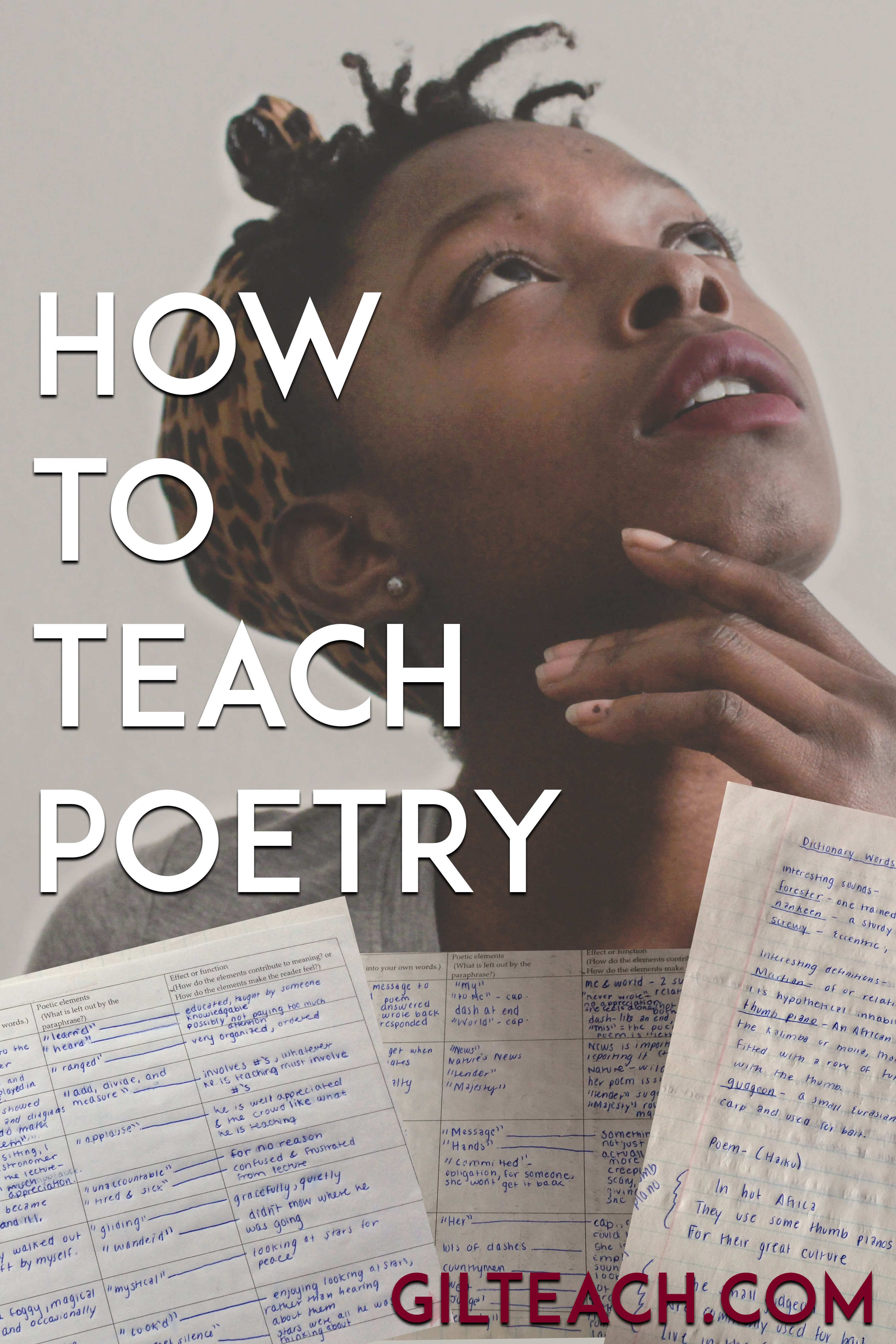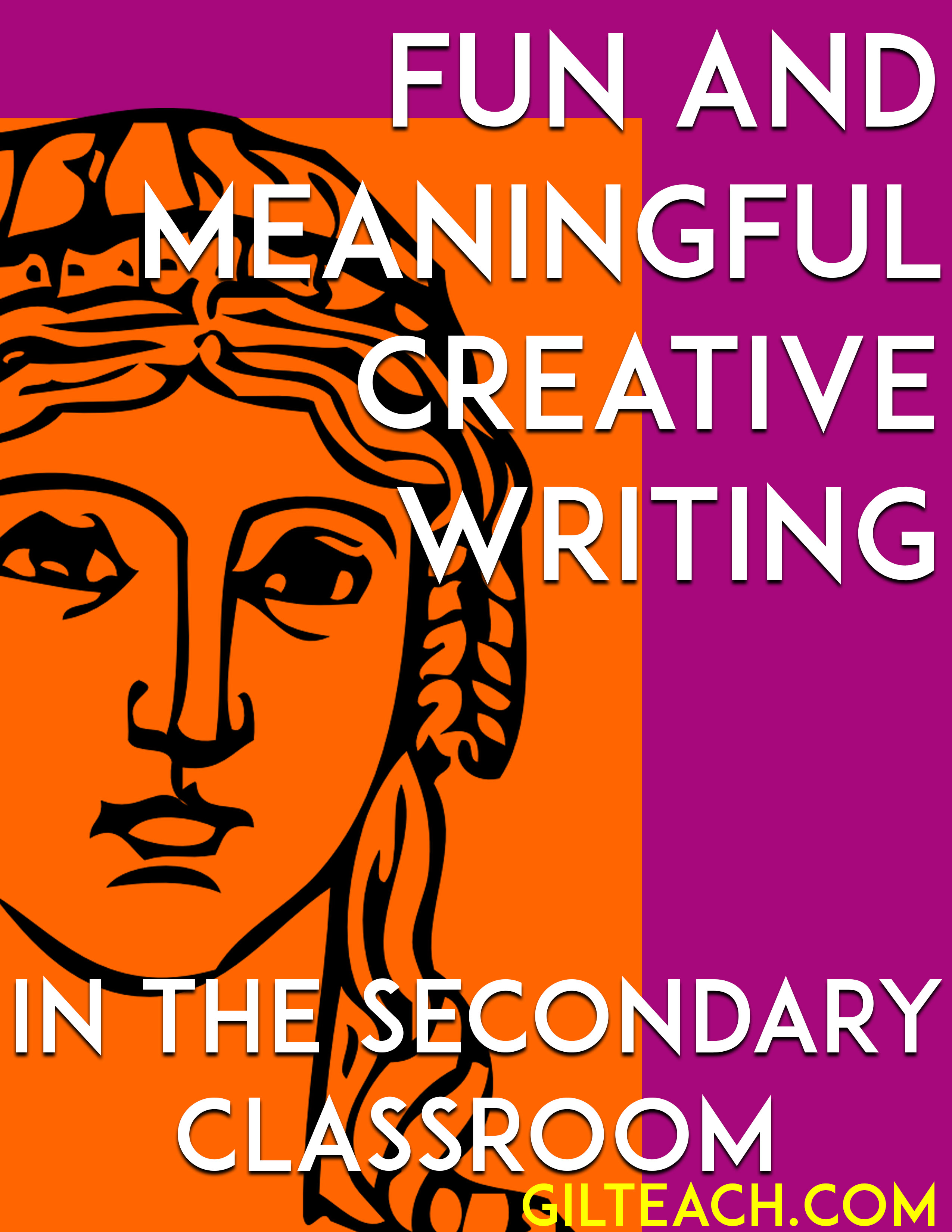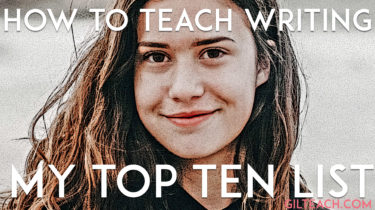4 Units to Achieve Back-To-School Goals
As a teacher, you might have just a few goals for the beginning of the school year: set the tone for your classroom; inspire students to work harder; establish rigor and expectations; teach students to think independently. Oh, and don’t forget win over students by showing them how much fun they’ll be having this year, and, when you teach high school, getting to know over 100 new people as fast as possible. Seems simple, right? Every year, I have tried
Read more

